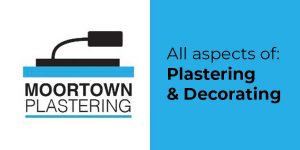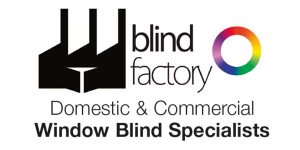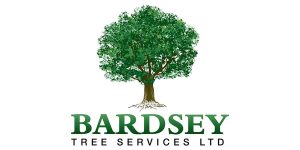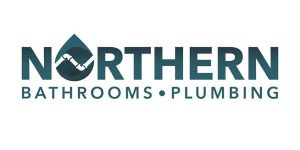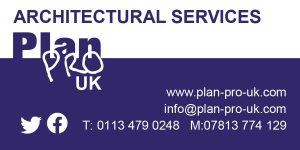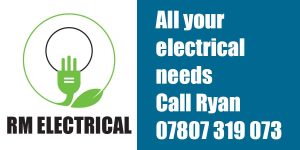At the Starting Point Centre, we know that the court can be necessary in some circumstances, but we’re firm believers that there are plenty of other ways to resolve family disputes. Here are six further alternatives that could work for you.
1. Arbitration
If you and your ex are unable to resolve important issues, you might be advised to apply for a court adjudication. However, this can be incredibly expensive and doesn’t always lead to a final settlement.
Arbitration, on the other hand, is tailored to your requirements and involves a highly-trained arbitrator. You can choose who will be involved in your case, unlike adjudication, and they’ll be there from start to finish. It’s important to be aware that both parties must agree to participate and any resolutions can be appealed.
2. Arbitration-mediation
Arb-med is a hybrid of arbitration and mediation, and can be great for sorting out child and financial settlements. Your arbitrator will set timescales for the process and you’ll have the certainty of a final conclusion with their involvement.
Drawbacks include the cost of hiring an arbitrator and a mediator, and the fact that the final decision won’t always be to your liking.
3. Online
You can get help with your divorce application through apps and online companies, in addition to coaching services, co-parenting applications and the drafting of important documents. Whilst this can feel less daunting than taking on everything yourself, these online processes aren’t monitored or regulated. They can easily lead to costly mistakes and poorly informed decisions.
4. Solicitor neutral
With solicitor neutral, you and your ex-partner will have one solicitor who acts in the best interest of both of you. They’ll often involve other experts to help you to sort out important issues such as finances, tax liabilities and the value of any businesses. Legal documents can be drafted up to make agreements legally binding, but an arbitrator can be involved if agreements can’t be reached.
This approach can save time, money and conflict when done properly, but it can be difficult if there is a power imbalance between you and your ex.
5. Early Neutral Evaluation (ENE)
If you are planning on taking matters to court, an early neutral evaluation provides insight into what the potential outcome could be. This can be particularly helpful for non-hetero normative relationships and for couples who aren’t married, especially if your case is complex or doesn’t have a clear outcome.
Early neutral evaluation can be easily organised and carried out in person or through writing. However, you’ll have to pay extra for the involvement of a trained neutral party on top of court fees, and their evaluation won’t have any impact on the actual outcome of your case.
5. Collaborative law/practice
With collaborative family law, each partner will bring their own lawyer to the session, where both legal professionals work together to get the best outcome. Instead of working against each other or thinking tactically, any legal advice will be shared openly. This promotes better communication and a more positive relationship between ex partners.
Having the presence of two legal professionals means that any decisions made will be extremely well-informed. However, legal costs can quickly add up.
6. Private FDR (Financial Dispute Resolution) judging
Similar to Early Neutral Evaluation, private FDR judging is a more formal approach that often mimics court proceedings. It can be useful for purely financial and Trust of Land cases and is highly supported by judicial authorities. As with ENE, FDR judging isn’t legally binding, and can be quite costly.
However you decide to deal with family difficulties, we’re here to support you. If you think you could benefit from family mediation, our team of trained mediators can help you to resolve conflicts and move forward with difficult conversations.
Equally let us help you support your children who often hear or see things not necessary and can cause more anxieties unless managed. Allow our services to allow you a platform to deal with your own stresses and alleviate the stress on your children.
If you have any questions at all, please feel free to get in touch we’d be happy to help your family thrive in any way we can.
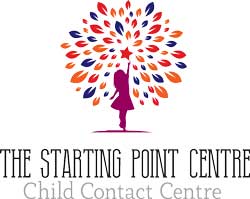
www.thestartingpointcentre.co.uk
The Starting Point Centre,
201a Harrogate Road,
Chapel Allerton, Leeds LS7 3PT
(park in Toby Carvery car park, walk down the right-hand side and follow our signs)
Tel: 0113 246 4940
Email: [email protected]






